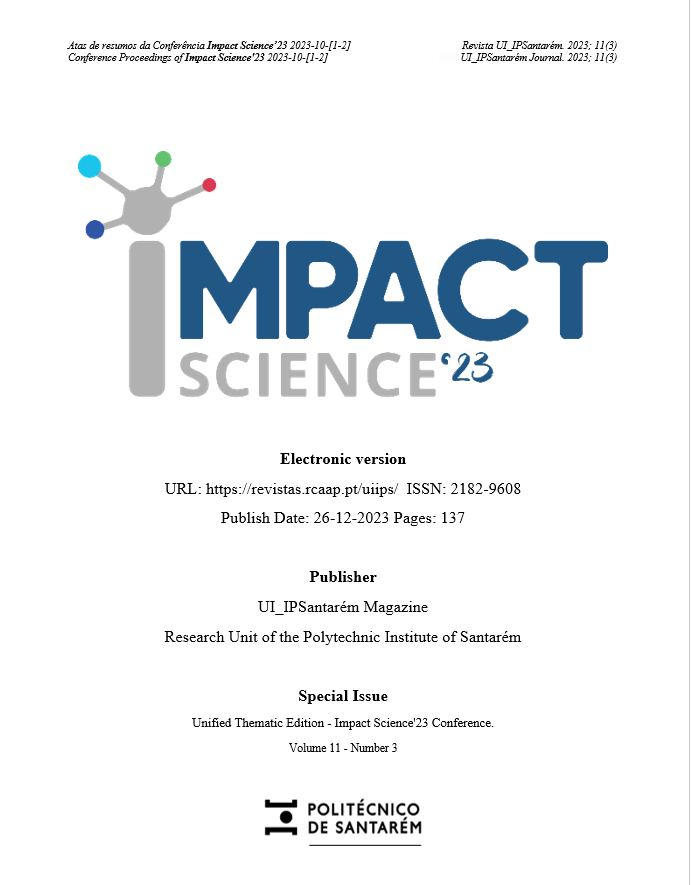Curricular Integration of Computational Thinking: Challenges for Teachers
DOI:
https://doi.org/10.25746/ruiips.v11.i3.32444Keywords:
Computational Thinking, Essential Learnings in Mathematics, Teacher Training and Development; TPACKAbstract
**Computational Thinking (CT) emerges as a new curricular mathematical skill in the Essential Learnings of Mathematics (ELM) in Portugal (Canavarro et al., 2022). This study, conducted within the scope of the Master's in Digital Resources in Education, aims to analyze the main challenges faced by 1st Cycle of Basic Education (1st CEB) teachers when integrating CT into the classroom. To achieve this, we seek to: understand teachers' knowledge of ELM, particularly regarding CT; identify the pedagogical challenges they face when introducing CT tasks in the classroom, and analyze the advantages as well as the limitations of using technology in the classroom.
In addition to curricular knowledge, teachers also need content, pedagogical, and technological knowledge to work in the classroom (Shulman, 1986; Ball et al., 2008, Toom, 2017). This study is based on the Technological Pedagogical Content Knowledge Framework (Mishra and Koehler, 2006), where three types of knowledge are defined: content knowledge (CK), pedagogical knowledge (PK), and technological knowledge (TK).
Considering that teacher involvement, support, and training are crucial factors for the implementation of CT-related activities, such as robotics and programming (Ramos et al., 2022), we developed a project within the scope of this research to analyze the aforementioned objectives.
This qualitative and interpretative study presents a methodological design of a Case Study, with the case being a group of 1st-cycle teachers who attended Short Duration Actions in the academic year 2022/2023 as part of a CT implementation project in the classroom. Data were collected through questionnaire surveys and semi-structured interviews.
Preliminary results indicate that 1st CEB teachers show more gaps in terms of curriculum and content knowledge than in technological knowledge.**
Downloads
Published
How to Cite
Issue
Section
License
Copyright (c) 2023 Aida Graça, Susana Colaço

This work is licensed under a Creative Commons Attribution-NonCommercial-NoDerivatives 4.0 International License.
Authors publishing in this journal agree to the following terms:
Authors retain copyright and grant the journal the right of first publication, with the article simultaneously licensed under the Creative Commons Attribution License that allows sharing of the work with acknowledgement of authorship and initial publication in this journal.
Authors are permitted to enter into additional contracts separately for non-exclusive distribution of the version of the article published in this journal (e.g., publish in an institutional repository or as a book chapter), with acknowledgment of authorship and initial publication in this journal.
Authors have permission and are encouraged to publish and distribute their work online (e.g., in institutional repositories or on their personal webpage) at any point before or during the editorial process, as this may generate productive changes, as well as increase the impact and citation of the published work.



